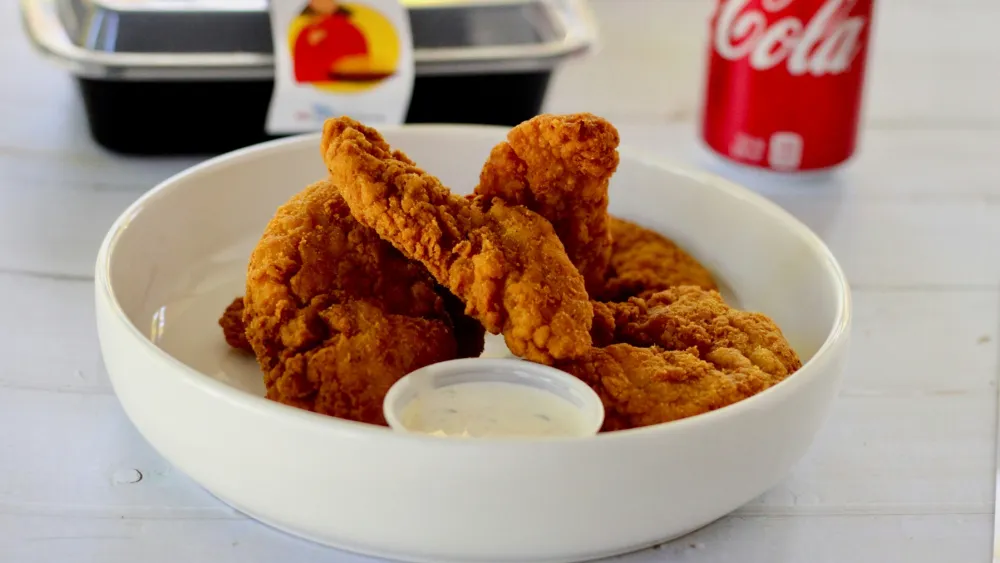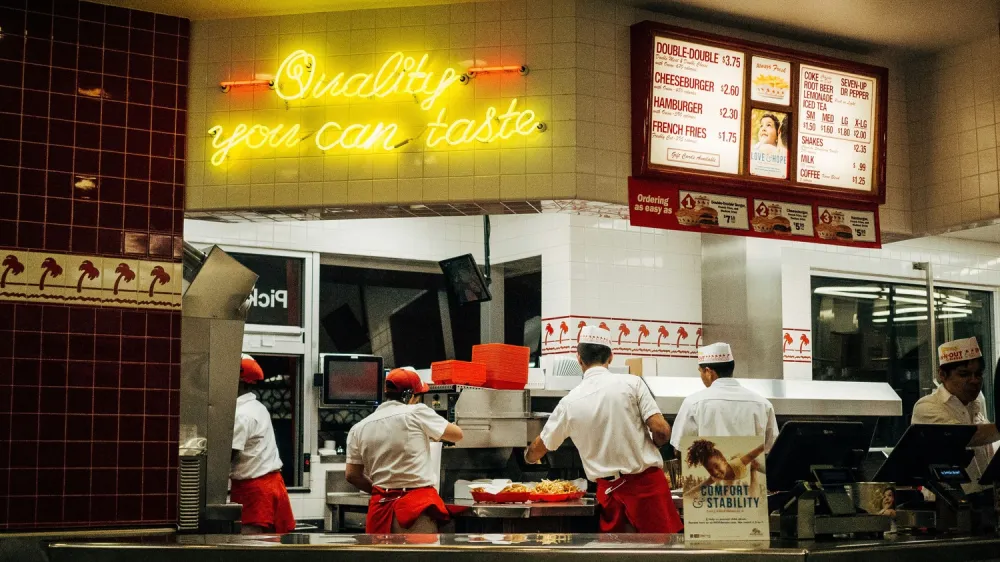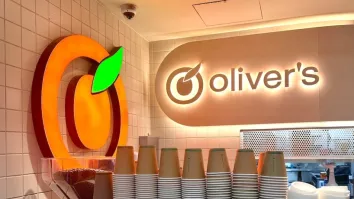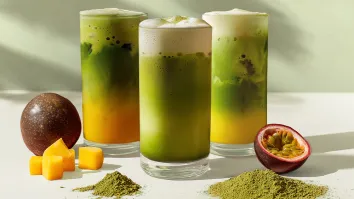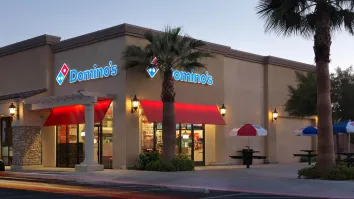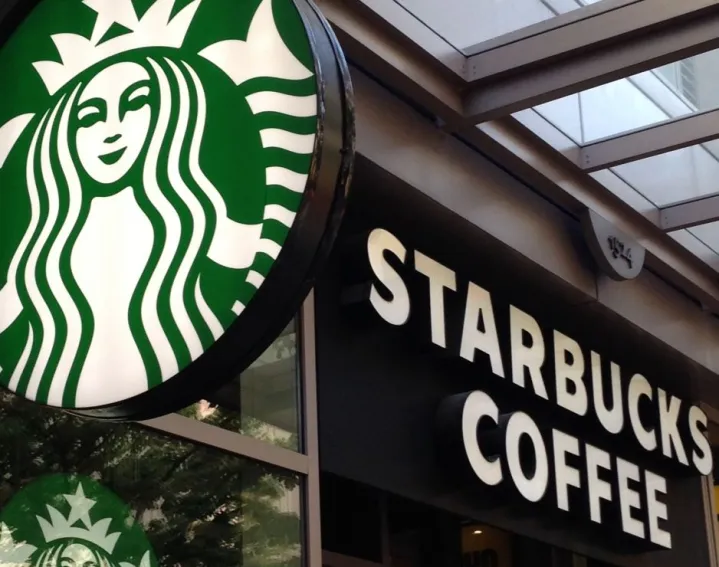
Coffee and the QSR market
Over the last twenty years the coffee market in Australia has changed incredibly. One of the biggest changes has been the erosion of mainstream overt coffee branding and the rise of understated independent (‘Indie’) proprietary branding.
One classic example of this was the initial attempt by global coffee behemoth Starbucks to crack the Australian market. It was not successful. They are trying again with new business partners and may well succeed with the right approach. But what is that approach? And what are the coffee lessons of their previous experience that should be learnt by all QSR players?
Another change has been the decline of major national and international coffee brands that in the past had considerable success in the café market and were often default coffee brands for QSR businesses. But their ascendancy has gradually receded in favour of either low-key or proprietary branding.
Prior to the year 2000 it was rare for a QSR chain to promote their own brand of coffee. It would have been perceived as perhaps second rate in comparison to the well-known national café brands. Now the reverse is almost the rule.
Many QSR businesses are either investing directly in their own coffee operations or utilizing custom roasting facilities like Espressology to build their own proprietary coffee cultures.
One of the mistakes made by Starbucks in their initial assault on the Australian QSR market was the assumption that the same appeal to specialty coffee that succeeded elsewhere in the world would automatically work here. In some ways they were ahead of the market and in some ways not quite in tune with the sophistication of the Australian coffee consumer.
They were ahead of the market in that they offered a range of single origin coffees alongside their main espresso blend of coffee when they launched. There was not so much demand by Australian consumers for this kind of specialty coffee back then. But what Australian consumers did want and still do want, is a smooth coffee that combines well with milk to produce a rich well pronounced milky coffee flavour. It was this key that enabled some local operators to leap ahead of their competitors at the same time as Starbucks struggled.
It is only recently that offering extra single origin coffees has become almost obligatory for any self-respecting café. This is now rapidly seeping into the QSR market too. (By single origin coffee we mean not a brand, but the country or region of origin where the coffee was actually grown.)
But there is a gap between ultra specialty coffee that is in the realm of elite dining versus middle of the market, affordable coffee that compliments accessible clean food for the QSR market. It still remains true that the overwhelming majority of Australian consumers favour a rich, consistently good milky coffee experience.
Over complicating a coffee offer, with alternate, low profit-yielding brewing methods in an attempt to appear specialty, could end up in the same trap as happened to Starbucks previously. But by not keeping up with proprietary branding, in-house coffee expertise and a targeted specialty coffee experience, could mean a QSR business will fall behind.
To find out more please contact Rob Murrell sales director at Espressology on 1300 731 377.
